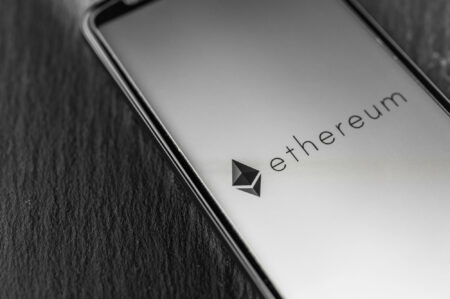In the latest twist in the Mt. Gox saga, recent data suggests that creditors of the fallen bitcoin exchange are exhibiting unexpected behavior. Creditors are largely choosing to "hold" their bitcoin, resulting in minimal selling pressure. The lack of selling pressure is particularly notable given bitcoin's remarkable price appreciation since 2014.
The Mt. Gox exchange, which handled 70% of all bitcoin transactions at the time, collapsed in 2014 amid a massive security breach. Now, a decade later, it is in the process of redistributing its assets to creditors. To date, 59,000 BTC worth nearly $4 billion have been paid out. This monumental redistribution was initially expected to result in significant market selling, given the high value of the assets involved. However, the market dynamics observed paint a different picture.
Market reaction to bitcoin redistribution
Creditors who chose to receive bitcoin instead of fiat currency are showing a pronounced preference to hold onto their assets. This behavior is in stark contrast to the expected market reaction, which predicted significant selling pressure due to the sheer volume of bitcoin being released into circulation. The minimal selling pressure observed on cryptocurrency exchanges suggests that only a fraction of the distributed bitcoin is being sold. This trend is particularly noteworthy given Bitcoin's impressive appreciation since the collapse of Mt. Gox, which would normally lead to a rush to cash in profits.

This "HODL" behavior, a common acronym in the crypto space for "hold on" or "don't sell," underscores a broader trend within the cryptocurrency market. Historically, new investors have been more inclined to trade and liquidate their assets. However, recent data suggests a shift back to the traditional buy-and-hold mentality. According to the data, long-term holders account for 45% of the network's assets, which is a relatively high level of holders compared to past market cycles prior to a sell-off. The strategic decisions of Mt. Gox creditors to hold on to their bitcoin could also have implications for institutional investors and other market participants. As the cryptocurrency market continues to mature, understanding these shifts in investor sentiment can influence trading decisions.
Broader Market Implications
The behavior of Mt. Gox's creditors shows that bitcoin is still considered a store of value, despite bitcoin's recent downward trend. This may indicate a shift to more conservative investment strategies. Continued close monitoring of whale wallets and market trends promises to provide interesting insights into the broader, macroeconomic landscape of the cryptocurrency market.
Perhaps holders are anticipating higher returns in the near future, with promising signs of BTC becoming a national reserve currency. In addition, institutional adoption of bitcoin is expected. American pension funds have added bitcoin to their portfolios. Morgan Stanley, the US investment giant, is now offering bitcoin ETFs to its high net worth clients. These developments are bullish signals amid the downtrend in the markets. Holding their bitcoin even under such market conditions further fits the profile of early bitcoin investors who strongly believe in the currency's fundamentals and have a long-term vision.








